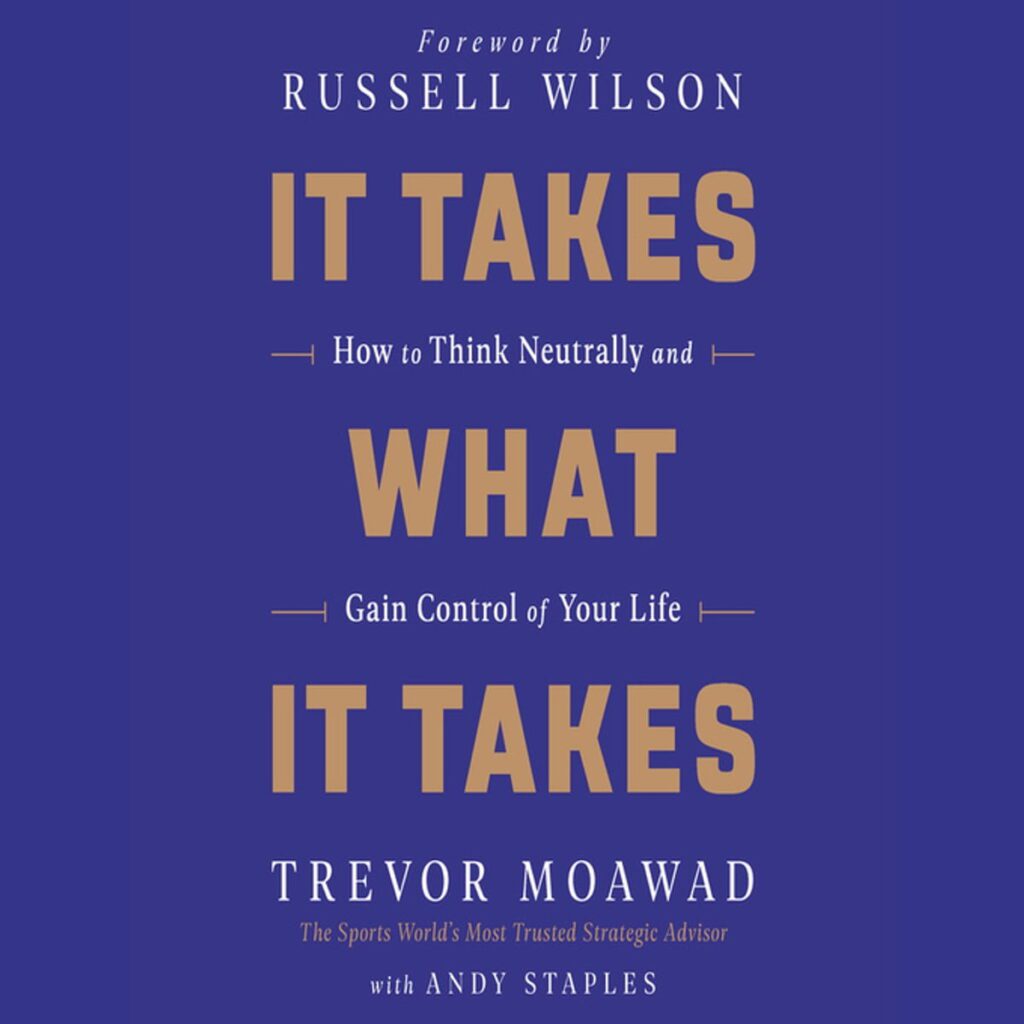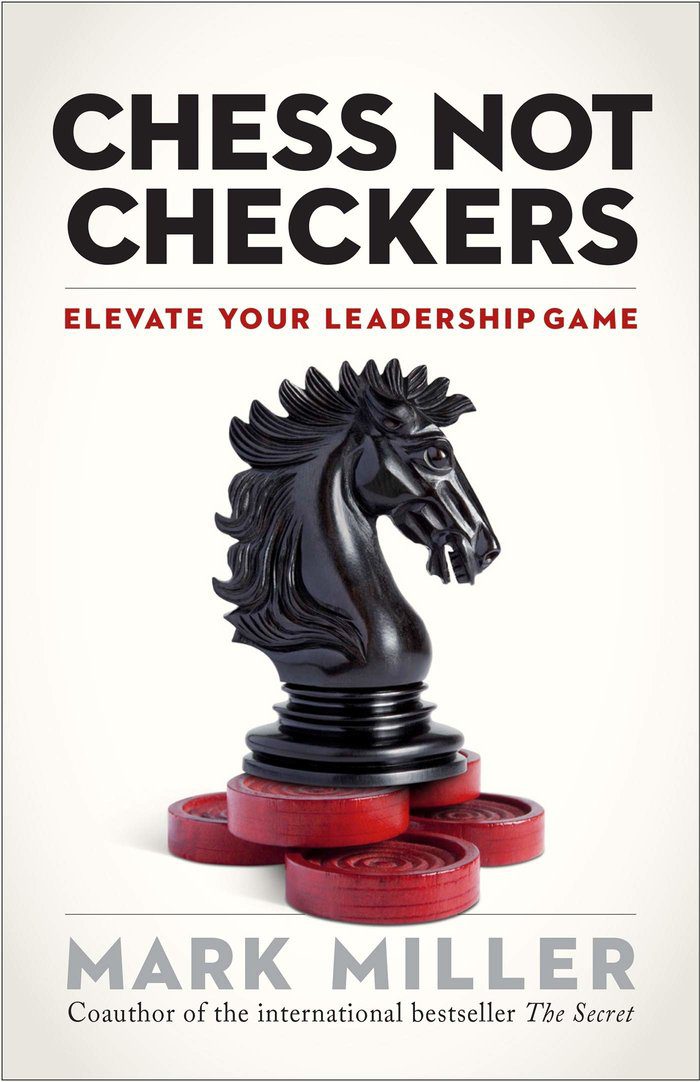I recently joined a scabble club with many experienced and seasoned players. A typical game with these players involves 3-4 bingos per game. In Scrabble, bingo is a game wherein a player utilizes all seven tiles on the board in a single turn. These players understand their game, which is that “Scrabble is a numbers game and not a vocabulary game.” It is not the best speller or who knows the most vocabulary words that win, but the person who strategically places the tiles on the high-scoring positions on the board that wins. It is the same thing with life; it is not the fastest that usually wins in life but the most strategic. Life is a marathon, not a sprint; you need to pace yourself when running a marathon.
I have participated in and finished 15 full Marathons in the past two years. One of the most important lessons I have learned from my marathon running adventure is the value of understanding the game you are playing. In a marathon, everyone starts at the same time just like in life, we are all gifted the same 24 hours daily, and the difference between the successful and those who finish the race later is their understanding and the effective use of their time. We play the way we train, just like in life and the marathon; you cannot run at a pace you did not continuously train. As the Greek lyric poet Archilochus once quipped, “We don’t rise to the level of our expectations, we fall to the level of our training.”
“You can map out a fight plan or a life plan, but when the action starts, it may not go the way you planned, and you’re down to your reflexes – that means your [preparation:]. That’s where your roadwork shows. If you cheated on that in the dark of the morning, well, you’re going to get found out now, under the bright lights.”― Joe Frazier
American motivational speaker and author Les Brown often said, “Life is a fight for territory, and once you stop fighting for what you want, what you don’t want will automatically take over.” The game of life is full of ups and downs, successes and failures, the good and the bad; whatever will go wrong will eventually go wrong. The key to navigating the vicissitudes of life is to understand the bittersweet nature of life, the impermanence of life, and that nothing lasts forever. By understanding the game of life, one sets their priorities right by doing first things first, making healthy decisions, and constantly striving to be a better version of oneself.
Life is the struggle to keep death at a respectable distance. Death wants to move in prematurely. Life’s job is to keep pushing back! -Jim Rohn
In life, one has to play the long game by seeing the end in mind, trusting the process and making healthy decisions daily. It is about life management, not time management. By understanding the seasons of life, you will be prepared for the cycles and challenges of life. It is about learning to dance in the rain, weathering the storm and having the appropriate clothing for each weather. As the Scandinavian proverb goes “There’s no such thing as bad weather, only unsuitable clothing.”

The Marathon Called Life 1
Think about the marathon runner. She has to go 26.2 miles, but is she thinking about the finish line when the race starts? No. That’s too daunting. She’s thinking about her pacing for the first mile. She’s planning out when she wants to grab water or eat a gel pack. Thinking about all 26.2 miles is overwhelming. Thinking about the next few steps is manageable, and it works whether you’re running a race, playing for a spot in the Super Bowl, or trying to save your own life in space.
ANYONE who runs a marathon will tell you that miles twenty to twenty-six are the hardest. AND ANYONE who quits running at mile twenty-two will tell you that they immediately felt better—and IT’S TRUE. But days later when they read about the people who finished ahead of them—who kept running—they will have instant regret.
Our challenge every day is to ignore the choice that makes us feel better now so we can make the choice that can help sustain us. Marathon runners tend not to quit on mile twenty-two—even though they would feel much, much better in the moment—because they’ve stacked up choices that prioritize finishing that freaking race. In many cases, they’ve adjusted their diets, their sleep schedules, their work schedules. That can’t all be for nothing, so they keep running.
Marathon runners tend not to quit on mile twenty-two—even though they would feel much, much better in the moment—because they’ve stacked up choices that prioritize finishing that freaking race.

Play Your Own Game 2
The strategist starts with a goal in the distant future and works backward to the present. A Grandmaster makes the best moves because they are based on what he wants the board to look like ten or twenty moves in the future. This doesn’t require the calculation of countless twenty-move variations. He evaluates where his fortunes lie in the position and establishes objectives. Then he works out the step-by-step moves to accomplish those aims.
A key to developing successful strategies is to be aware of your strengths and weaknesses, to know what you do well. Two strong chess players can have very different strategies in the same position and they might be equally effective—leaving aside those positions in which a single forced winning line is available. Each player has his own style, his own way of solving problems and making decisions.
Don’t spend so much time worrying about the other guy that you lose sight of your own goals and your own performance.

Play the Right Game 3
If you want to lead a high-performance organization, you’ve got to play chess, not checkers. If you play checkers when the name of the game is chess, you lose. The two games are played on a very similar board. The colour is different, but that’s just the beginning—the games that are played on these two, similar boards are vastly different.
Most small businesses can be successful with a checkers mindset. That’s actually the game you play when an organization is in start-up mode. The leader does virtually everything in the beginning. That’s checkers. Then, if you grow, you begin to add staff. Many leaders see these additional people as interchangeable pieces, nothing more than hired hands, no need for specialists. Each piece is capable of the same limited moves. That’s checkers. In the beginning the game is simple. That’s checkers. You react, you make decisions, the pace is frenetic—you’re playing checkers. And, it works … for a while.
Chess is a game of choices, and business is, too. We win or lose based on our choices and how well we execute against those choices. Planning is where we make those fundamental choices.
You can win in business by playing checkers until someone sneaks in one night after you’ve closed for the day and flips the board. The game changes, and you don’t even know it. The change can be subtle in the beginning. When your board gets flipped, you have the same products, customers, equipment, and employees. Initially, it’s easy to miss the change. Besides, when leaders are focused, we can become colour-blind. The chessboard and checkerboard look identical other than their colour. If you’re not looking for it, you can miss the change.
Meditation
- Daily Calm with Tamara Levitt – Voices
- There is a good chance that we have internalized the voices that influenced us as a child, allowing them to criticize us at every turn. Often we don’t even recognize where they came from; they have been with us for so long that we feel that we don’t have any control over them, but we do.
- When our mind berates us for what we did wrong or tells us what we should or shouldn’t do, we can take a step back and observe this internal dialogue. With a deeper awareness of how this thought pattern arises and takes over our minds. We can learn to free ourselves from them, we can step back as the witness, detangling ourselves from our narratives to ask “Where are these narratives coming from?”, and “Do these narratives serve us?”,
- With this practice of detached observation, we can soften the voices and their impact on us.
What a liberation to realize that the ‘voice in my head’ is not who I am. ‘Who am I, then? ‘ The one who sees that. – Eckhart Tolle
- Daily Jay with Jay Shetty – Adulting
- The trappings of adulthood don’t automatically produce feelings of certainty, competence, or the know-how to handle adversity. An adult is someone who is fully grown and developed. Adulthood can’t be a destination because it is impossible to reach, yet many of us want to figure things out. We want to be capable, to that end; we may feel tension between our expectations and reality, between who we’d like to be and who we are.
- It is expected to wrestle with these tensions, and it is natural not to have it all figured out. Part of being an adult is recognizing that you don’t and won’t know everything, you would be challenged, you would be uncertain, and you might have to make it up as you go along. But trial and error is what allows you to grow, to develop, to become more adult even if it is forever a process.
‘You are allowed to be both a masterpiece and a work in progress, simultaneously.’ – Sophia Bush
Podcast
- The Business Expert: The SECRET FORMULA That Launches Billion-Dollar Companies! – Emma Grede on the Jay Shetty Podcast.
All the best in your quest to get better. Don’t Settle: Live with Passion.



Comments are closed.